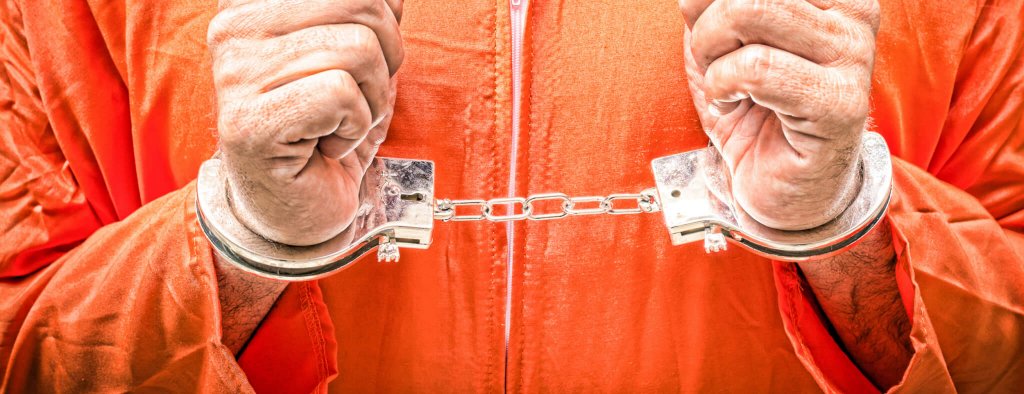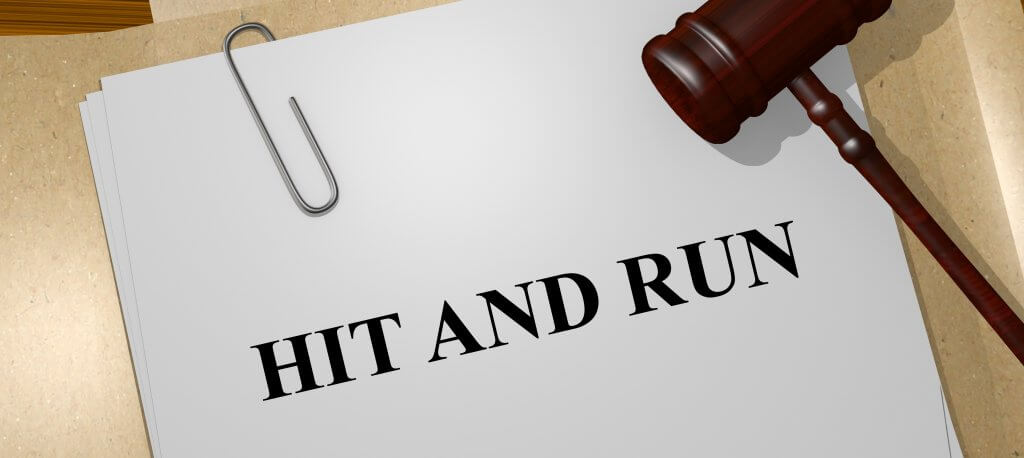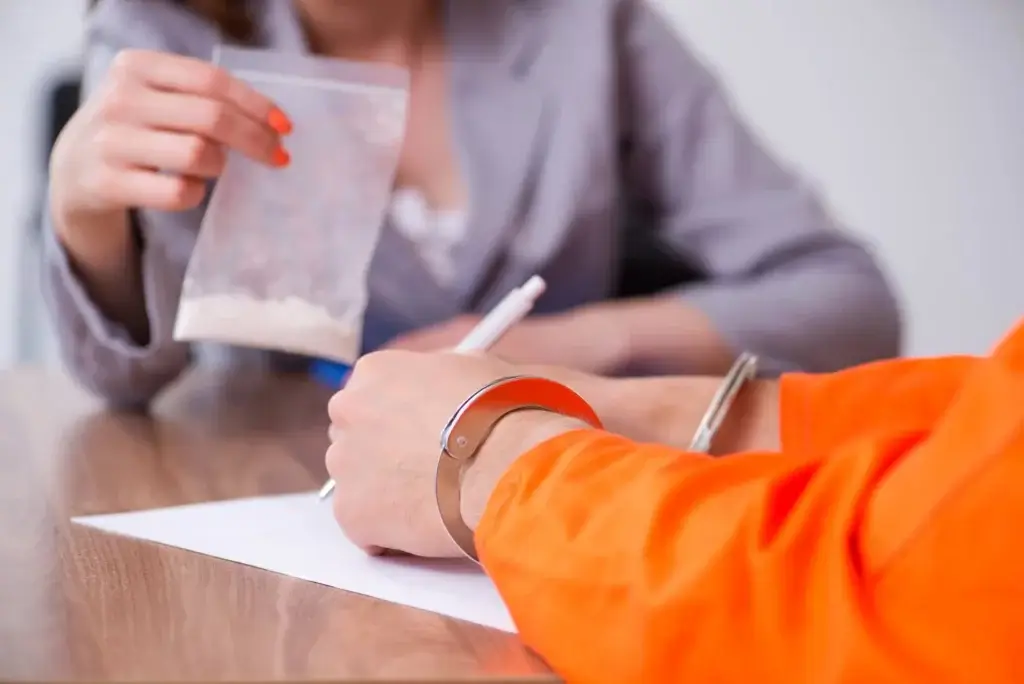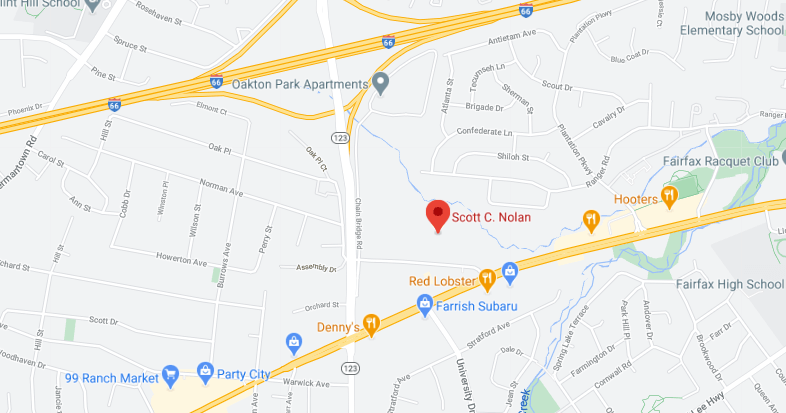Many states have their own guidelines when it comes to what’s illegal and what isn’t. Laws surrounding the possession of stolen goods are no different. Each state has its own legislation and name for receiving stolen goods, but the act is considered illegal in every state. It’s also illegal at the federal level. Many people unknowingly buy stolen goods and, without the help of a lawyer, they could pay the price for simply possessing these products.
Most people understand that theft is a universally illegal crime. But many people fail to realize that you can commit a crime of theft if you intentionally buy or acquire goods that have been stolen. For example, let’s say you have a co-worker who admits to you that they stole a laptop from their neighbor. If you then purchase that laptop from them, you are guilty of receiving and purchasing stolen property. Similarly, if you purchased a laptop from someone selling used electronics on the side of the road, you will likely be found guilty of receiving stolen property as well. This is because any person, beyond a reasonable doubt, would know that these goods are obviously stolen since they are not properly set up in a store. Any time you claim ownership of something that was knowingly stoel, you could be charged with possession of stolen property, and could face serious penalties.
What If I Didn’t Know The Property Was Stolen?
Most accused people take this defensive stance, and assert that they are the true victim. They argue that they had no idea the property was stolen at the time they purchased or received it. This is an acceptable defense to take, but a jury will decide, given the circumstances, whether or not it’s plausible that you had no idea the property was stolen.
The “reasonable person” doctrine will come into effect. The jury will decide if a “reasonable person” – who is sound of mind, rational, and has functioning critical thinking skills – would have been able to deduce that the purchased or acquired gifts were stolen.
For example, let’s say someone opened up the back of a van and offered to sell you a television. If none of the products in the van had price tags or official packaging and there was no company information, any reasonable person would assume the products were stolen or otherwise not authorized for sale.
This doctrine can also work the other way. If someone purchased a necklace from a department store, they have every right to assume the shop is lawfully selling products. If it turns out that the necklace was stolen and the owner of the store never paid for it, the person who ultimately bought the necklace wouldn’t be at fault.
What Are The Penalties For Receiving Stolen Property?
The penalties associated with receiving stolen property will vary depending upon the value of the stolen property, the manner in which it was stolen, and the laws laid out in your state’s legislature.
If you are convicted of possessing stolen property, you could be facing fines, imprisonment, restitution, probation, and more. Restitution is, in civil cases: A remedy associated with unjust enrichment in which the amount of recovery is typically based on the defendant’s gain rather than the plaintiff’s loss. Most people who are found guilty of theft need to pay back the value of the item via restitution.
Grand larceny occurs in this Virginia when a person steals a firearm, steals cash, property, or services valued at more than $200, or steals cash or property valued at $5 or more directly from another person. If the sum of the stolen goods is considered grand larceny, you could face a prison sentence for as long as twenty years.
There are social and economic impacts of possessing stolen goods as well. Many employers simply will not retain or hire a person who has a recent conviction for any theft-related crime. If you are a student, a larceny conviction may disqualify you for scholarships and other financial assistance.
Schedule A Free Consultation With The Law Office of Scott C. Nolan, PLLC If You’ve Been Charged With Theft In Virginia
Possession of stolen goods is considered theft in all fifty states. If you or someone you loved has been charged with theft in Virginia, you need to act right away in order to fight back against the maximum penalty.
The Law Office of Scott C. Nolan, PLLC offers a free case evaluation to anyone who has been charged with theft or possession of stolen goods. In your case evaluation, Scott will listen to the details of your situation, and provide you with clear feedback that will help you fight back against the charges you face. Beating a theft charge can be complex, so it’s crucial that you enlist the help of a tough, hard-working attorney as soon as you can.






